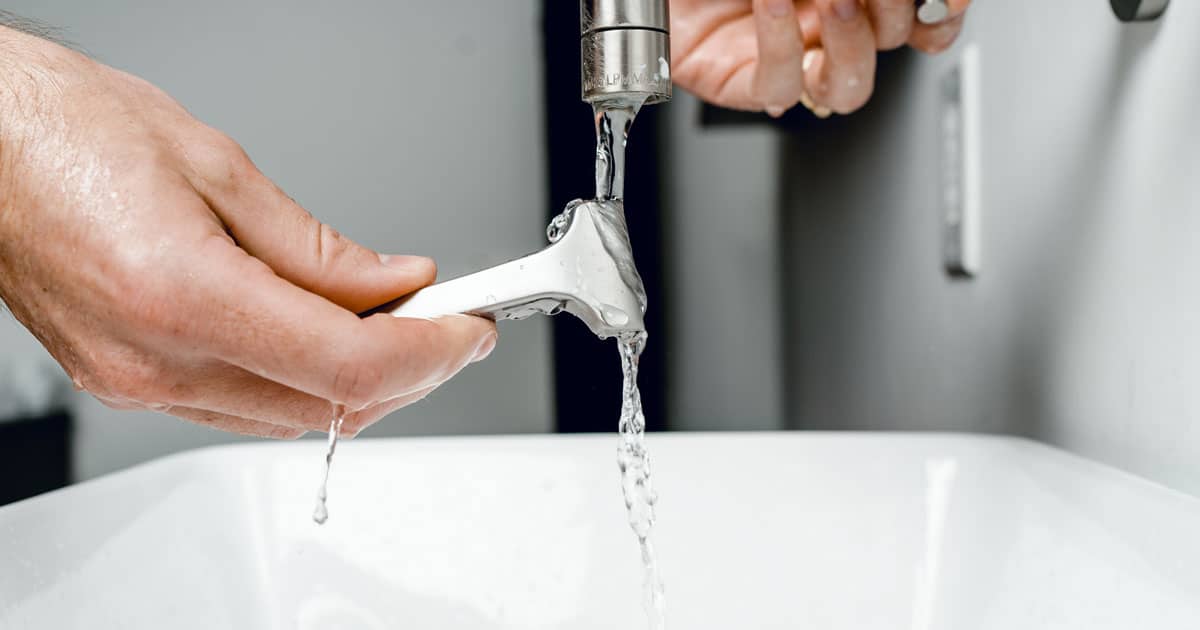When potential customers search for drain cleaning, water heater repair, or 24 hour plumber in your city, they do so on Google’s servers. If your website isn’t listed on the first page of search results, they will click the back button and hand their business to your competition.
Get on Google’s good side by creating a lot of content. Blog posts and inner location pages are both great examples.

On-Page Optimization
SEO for plumbers involves making your plumbing website easier to find and more visible in search engine results pages (SERPs). SEO for plumbing companies includes technical SEO, content marketing, and social media marketing. It also includes optimizing website content with relevant keywords.
One important aspect of on-page optimization for plumbing companies is keyword research, which helps you know what terms people are searching when they’re looking for a plumber. These keywords can then be included naturally throughout your website content. This can be done on your homepage, services page, and blog posts.
Another on-page SEO technique is including keywords in your photo captions and titles for your social media posts. Lastly, you can promote your services by asking new or satisfied customers to leave online reviews. This is a great way to grow your plumbing business! Off-page SEO includes promoting your plumbing company in online directories like Yelp, Google My Business, and Angie’s List. It also includes contributing guest posts to industry blogs and online publications.
Keyword Research
SEO is hands down the best way to grow your business and reach new customers online. But, it’s a long-term strategy that requires a significant investment of time and resources to be successful.
To optimize your website for plumbing keywords, you need to understand what search terms people are using to find your services. You can do this by looking at the “queries” data from Google Search Console or by using a tool like Ahrefs or MOZ Keyword Explorer.
Short keywords are general terms that homeowners use to search for plumbers in their area, such as “plumbing contractor Murfreesboro.” Long-tail plumbing keywords are more specific and can be used to target local audiences. These include words and phrases such as “drain cleaning” or “plumbing repair.” Long-tail keywords tend to have lower competition and generate more relevant traffic than generic terms. They also convert at a higher rate. The managed seo service by JetRank can help deliver this work for your business.
Content Creation
A plumbing website is an excellent way to promote your services, but it’s also important to share valuable content with local audiences. By sharing information about how to handle common problems like clogged drains or leaky faucets, you can establish yourself as a trusted expert and generate new leads.
After conducting thorough keyword research, incorporate these words into your content to rank highly on Google search engine result pages (SERPs). Use them sparingly and carefully; too many keywords can backfire by seeming unnatural to Google’s algorithm. Additionally, consider using LSI keywords or synonyms to increase the relevance of your content and improve readability.
Investing in content marketing can be an effective and cost-efficient alternative to traditional advertising. It can generate more leads and help you build a loyal client base without the hassle of running newspaper ads or paying for expensive PPC campaigns. When you produce valuable content and share it across your digital channels, you can grow your business quickly and effectively.
Link Building
One of the most important off-page Plumber SEO strategies involves building high-quality backlinks from reputable websites. This signals to Google that your plumbing company is a valuable resource for people searching for information on your services. It also encourages users on these trusted sites to visit your website.
To boost your online visibility, implement schema markup on your website and include testimonials and accreditations. You can also ask satisfied customers to leave reviews on your Google Business Profile and other platforms that list local businesses.
Incorporate your local keywords into the content on your website, and be sure to have separate pages for each service you offer. This way, your website can rank for each of these keywords in its own SERP, increasing the likelihood that potential clients will click through to your site. It’s also helpful to join local listings based on your industry to build credibility and network with other businesses. This is a great way to meet other plumbing companies in your area and potentially pick up new clients.
